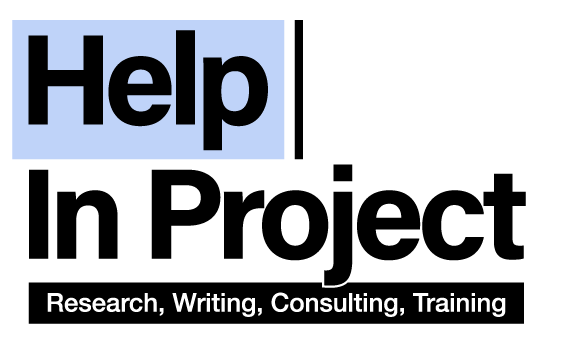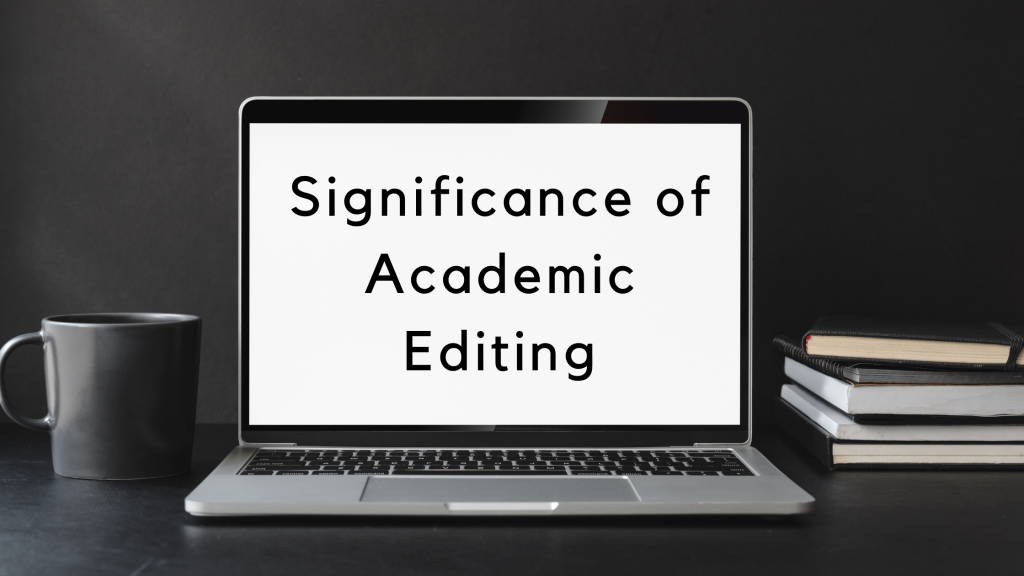What is Academic Editing?
Academic editing is a specialized comprehensive service that corrects and improves the content, content flow, referencing, language and formatting of the research draft. Editing facilitates in removing errors, strengthen the content, streamlines and highlight the findings. Analyzes ideas and arguments while removing discrepancies and repetitive data.

Why is Academic editing important?
Academic editing is required to resolve errors, if any, in the research work. It strengthens the results and findings of the research thereby correcting the flaws and making the research writing more powerful.
Academic editing is important for the following reasons.
Make the best first impression:
The edited document can help you make the best first impression. In any thesis draft that is poorly submitted with errors in referencing, formatting and improper usage of keywords is to be taken care of. These can affect the readability and reliability of the research draft. This type of documents or research when presented displays less confidence. To avoid these common mistakes, academic editing is very important before your final presentation.
Communicating your message effectively:
The research and secondary data content of your document is the key element in your document and academic editing can help in making your article better. The most challenging part of writing is communicating it efficiently to the reader. This is where academic editing can help you achieve this goal. This is because; editing can remove all the content flow flaws or writing defects.
Standard of expression in your writing
Your content might be brilliant, intuitive, insightful. However, making your content readable might still be a challenge for you. Many academic writings have poor grammar, vocabulary errors, lengthy message, poor sentence formation and poor flow of content.
These types of errors reduce the readability and effectiveness of the document and make it less engaging thereby losing the authenticity of the research. To avoid such a mistake, it is important to opt for some professional editing service.
The clarity in the message
In any draft, the flow of writing is very important to facilitate the reader to understand the message more clearly and concisely. Academic editing helps you do the same. Without altering your content, just improving the flow of the writing, proper formatting where ever required and usage of strong technical vocabulary can make your writing very engaging and readable.
Academic editors are a fresh pair of eyes for your document. A better judge to see if the content is delivering the message or not. Academic editors are trained formally and are skilled to improve the standard of writing of your article.
Polished writing
When you are writing the document, you will be attached to your prose. The content you’ve written and the knowledge intends to blind you (writer) to errors and the flow of writing. So, having an academic editor will be like a fresh set of eyes for your article and helps you correct your document by polishing it overall and increase the readability of your writing.
Academic editing to improve overall writing skills:
Academic writing plays an important role in improving the overall writing skills of an individual. We are aware of how many students or even adults struggle with poorly written document and receive awkward feedback on their mistake from the supervisors. Writing is not an easy skill and it makes it even more difficult to give an error-free academic document in a single go. This is where academic writing comes to play that is to correct content and flow.
It checks punctuation, vocabulary, proper formatting and makes your writing very engaging, short and readable. These academic writings have a lot riding on them from college scholarships to research paper publications, promotions, grants and many more. Academic editing eventually helps you to focus on minute details and mistakes, improve the writing and reading experience overall.
Types of Academic editing:
Developmental editing:
Developmental editing happens at the initial stages of writing when the writer has an idea or a rough sketch of the concept. It focuses more on the outline of the content rather than in-depth content and methodological details. It focuses on organizing ideas for the concept, structures the content and ensures a smooth transition between the ideas.
Evaluation editing:
In evaluation, the editing writer focuses on the structure, flow of content and overall evaluation of the subject, completeness and overall quality of the content. Evaluation editing focuses on key points and areas of concern in a draft.
Content Editing:
Content editing, in other words, substantive editing or complete editing, involves the editor not only focus on the structure but also provides full corrections, identifies incomplete sentences, segregation of chapters, sections and subsections and smoothening the flow of the content to ensure good readability.
Line Editing:
A line editor, unlike an evaluation editor, does not focus on the overall writing but focuses on the word choice in the content and if every sentence has the intended impact on the reader mind
Copy Editing:
Copy editing is the last step after completing the document. A copyeditor will thoroughly go through the entire draft and identifies any punctuation errors or vocabulary mistakes.
Eventually, after doing the academic editing, we submit the document to ensure higher readability and a smooth reading experience.

